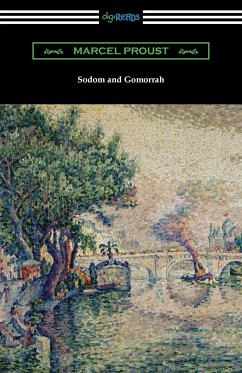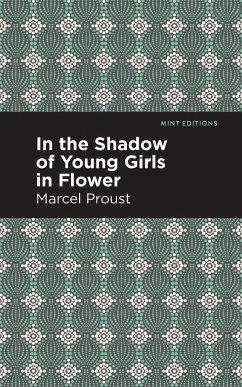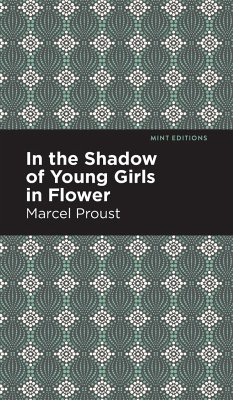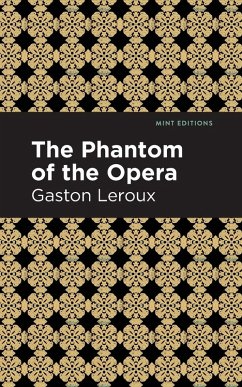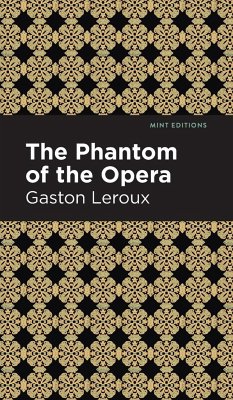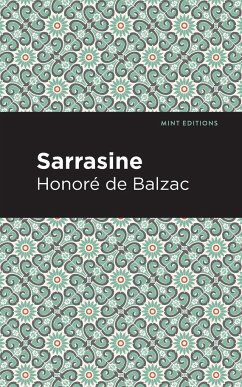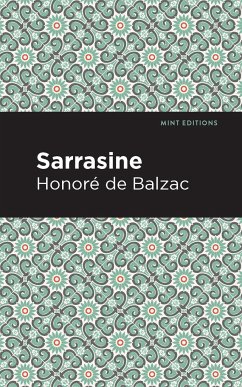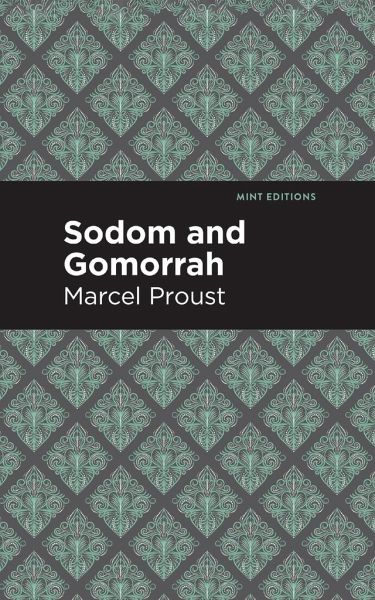
Sodom and Gomorrah
Versandkostenfrei!
Versandfertig in 1-2 Wochen
24,99 €
inkl. MwSt.
Weitere Ausgaben:

PAYBACK Punkte
12 °P sammeln!
Sodom and Gomorrah (1921/22) is the fourth volume of Marcel Proust's seven-part novel In Search of Lost Time. Being the last volume that had Proust's direct involvement, Sodom and Gomorrah is a story of love, jealousy and family from a master of Modernist literature. Praised by Virginia Woolf, Vladimir Nabokov, Michael Chabon, and Graham Greene, In Search of Lost Time explores the nature of memory and time while illuminating the history of homosexuality in nineteenth century Europe. The narrator finally reveals what he witnessed before Princess de. Guermantes' party: Charlus followed Jupien in...
Sodom and Gomorrah (1921/22) is the fourth volume of Marcel Proust's seven-part novel In Search of Lost Time. Being the last volume that had Proust's direct involvement, Sodom and Gomorrah is a story of love, jealousy and family from a master of Modernist literature. Praised by Virginia Woolf, Vladimir Nabokov, Michael Chabon, and Graham Greene, In Search of Lost Time explores the nature of memory and time while illuminating the history of homosexuality in nineteenth century Europe. The narrator finally reveals what he witnessed before Princess de. Guermantes' party: Charlus followed Jupien into his shop and the two shared an intimate encounter. Returning to the festivities, the narrator reflects on the very nature of inverts and the secret society of which they must belong. Attempting to put the suffering of his grandmother out of his mind, he tries with some success to pursue the companionship of Albertine; only to grow suspicious of her activities and possible lesbianism. Trying desperately to find a place in this social circle, the narrator finds himself engulfed by jealousy and trapped in a world of romance, lust, and secrets of which he is now willfully taking part. This edition of Marcel Proust's Sodom and Gomorrah is a classic work of French literature reimagined for modern readers. Since our inception in 2020, Mint Editions has kept sustainability and innovation at the forefront of our mission. Each and every Mint Edition title gets a fresh, professionally typeset manuscript and a dazzling new cover, all while maintaining the integrity of the original book. With thousands of titles in our collection, we aim to spotlight diverse public domain works to help them find modern audiences. Mint Editions celebrates a breadth of literary works, curated from both canonical and overlooked classics from writers around the globe.





sv_optimiert.jpg)
